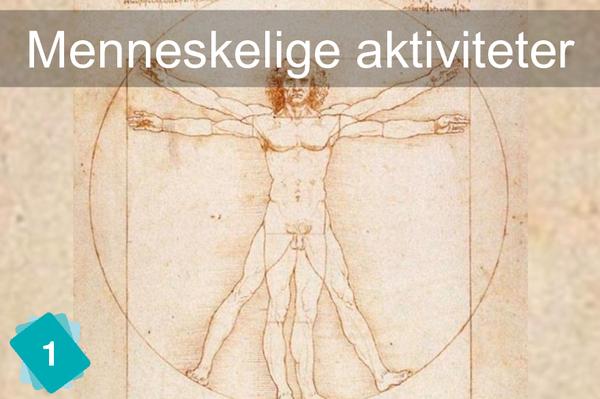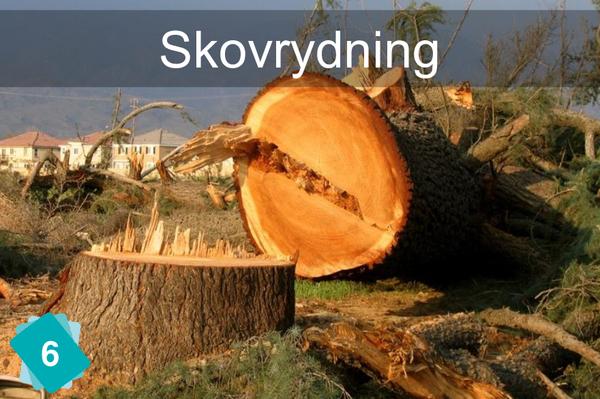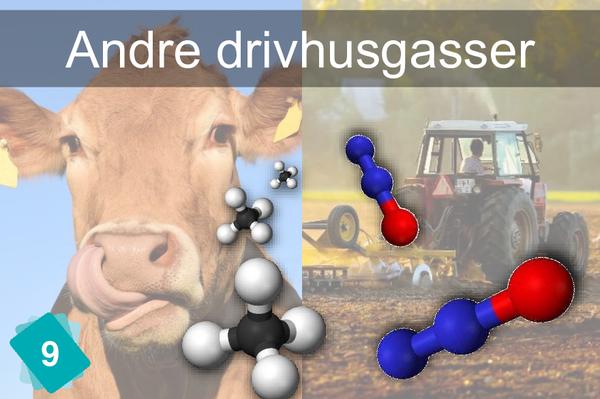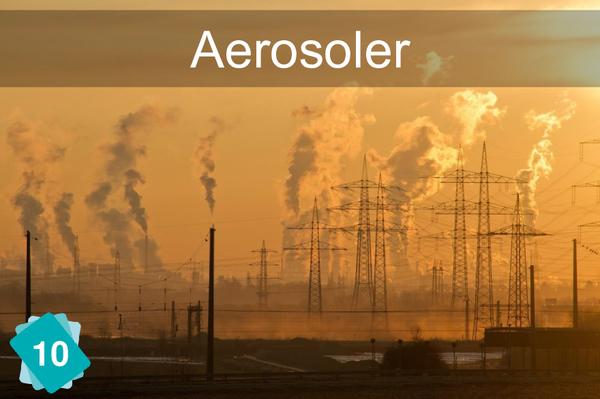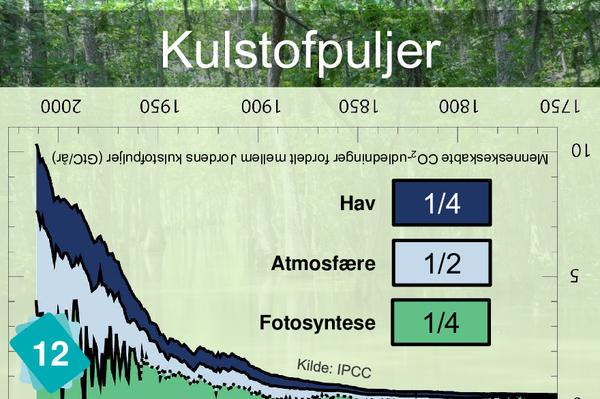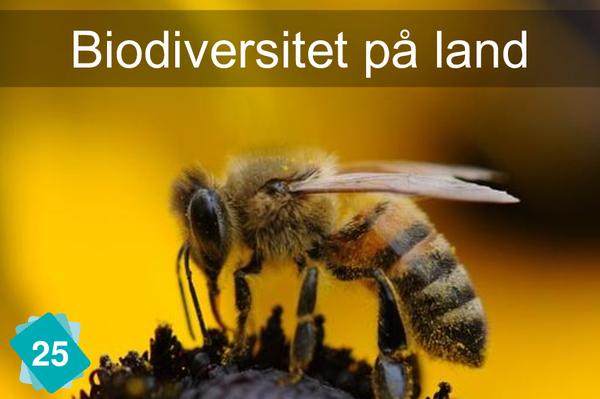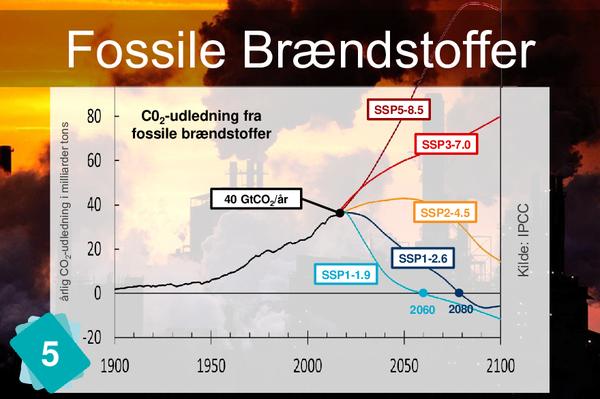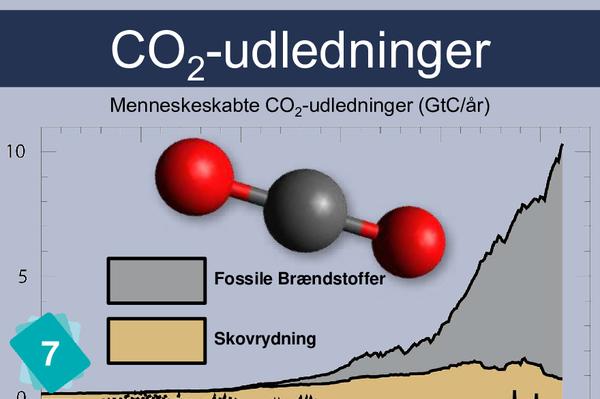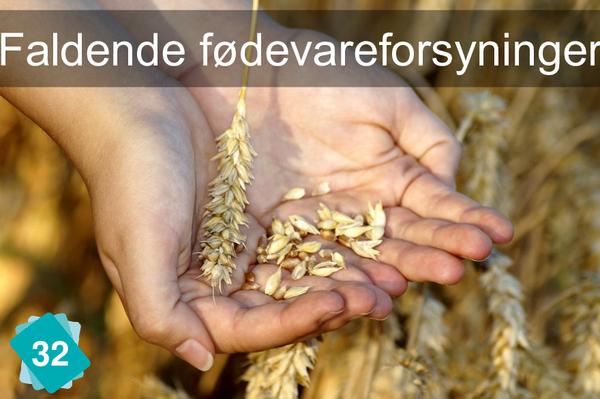8 - Landbrug
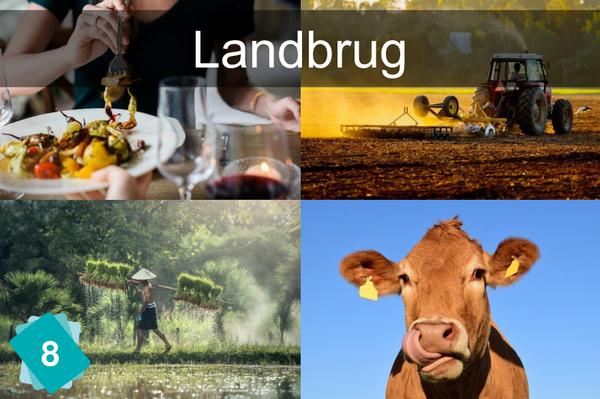
✏️ This explanation does not yet exist in your language. Please fill this Google Form if you want to help us!
Agriculture uses very little fossil fuel compared to the emissions of other GHGs for which it is responsible. It is responsible for 80% of deforestation because of the large areas needed to grow crops, especially to feed farm animals. Agriculture is a human activity that began as soon as the climate stabilised, at the beginning of the Neolithic period 10,000 years ago, after the last deglaciation, which itself lasted 10,000 years. Since then, the impact of human activity on its environment has been growing. Plant species have been domesticated (today, domesticated rice is no longer able to reproduce without human intervention), forests have been cleared to expand cultivated areas, depriving animal species of their natural habitat, and since the Green Revolution (green for agricultural, not for ecological), we have been using pesticides and inputs that are harmful to the environment and to our health.
1Cause
2Consequences
Deforestation is due for 80% to agriculture. It can be considered as a human activity or as a consequence of agriculture of both.
5Other possible consequences
Spraying crops does result in aerosols and air pollution, but not to the same extent as incomplete combustion from power plants.
It doesn't matter if this link is not made, but it is true that agriculture can improve storage capacity through photosynthesis. This is the 0.4% principle (if we increased the soil's capacity to sequester carbon by even 0,4%, we would have a significant impact on CO2).
Here, we are thinking mainly of pesticides (especially Roundup or neonicotinoids). No link with the climate, but an interesting relation to make.
Agriculture does not use much fossil fuel, just enough to keep tractors running. Its carbon emissions are high, bu mainly because of methane and nitrous oxide.




